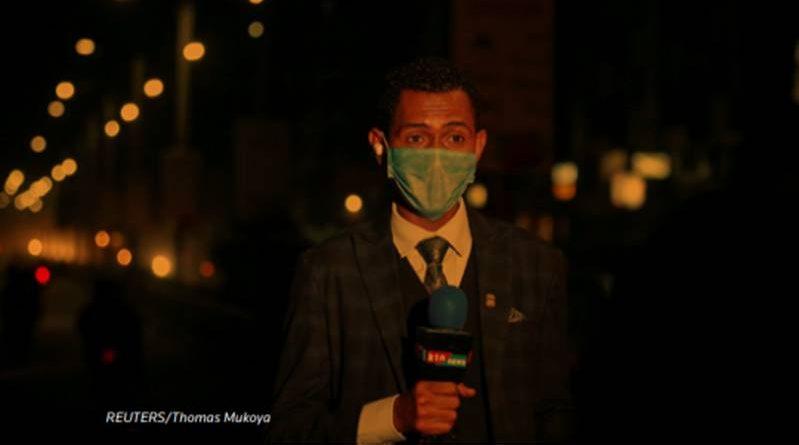2024-05-21T12:11:00Z
LONDON, May 21, 2024 (GLOBE NEWSWIRE) -- On average, a single internet user has 168 passwords for personal accounts, reveals the latest survey by NordPass. This marks a drastic 68%...
2024-05-20T14:00:00Z
KETTERING, Ohio, May 20, 2024 (GLOBE NEWSWIRE) -- Brandon and Nikki Jasper first joined the Minuteman Press franchise family in August of 2022. They purchased a long-running independent print shop,...
2024-05-20T13:00:00Z
Vancouver, BC, May 20, 2024 (GLOBE NEWSWIRE) -- Vancouver video production by Cinematix Media is proud to announce the launch of its video production services in Canada, which include dynamic commercial...
2024-05-20T13:00:00Z
Ottawa, Illinois, May 20, 2024 (GLOBE NEWSWIRE) -- Allstar Implants Plus, a leading dental clinic offering dental implants and cosmetic dentistry expertise combined with 1-on-1 highly personalized care, is proud...
2024-05-20T13:00:00Z
Knoxville, TN, May 20, 2024 (GLOBE NEWSWIRE) -- Car Nation, the leading Used Car Dealership Knoxville TN, is excited to announce the launch of its professional car detail service that offers...
2024-05-17T13:00:00Z
Melton Mowbrary, UK, May 17, 2024 (GLOBE NEWSWIRE) -- RBC Logistics, a leading specialist logistics company focusing on White Glove Delivery, 2 Man Delivery, and Final Mile solutions, is proud to...
2024-05-17T13:00:00Z
NASHVILLE, Tennessee, May 17, 2024 (GLOBE NEWSWIRE) -- For the sixth straight year, the award-winning sales performance, coaching and training firm Integrity Solutions has been honored with prestigious Stevie® Awards,...
2024-05-17T13:00:00Z
London, UK, May 17, 2024 (GLOBE NEWSWIRE) -- Award-winning expense management service provider, ExpenseOnDemand, announces the launch of its Cash Advance feature, available in all global markets. The solution aims...
2024-05-17T06:30:00Z
The innovative insurance solution offers Erste customers protection of their travel plans from departure delays. Companjon automatically monitors the covered flight’s status and triggers a claim for HUF 16,000 compensation...
2024-05-16T13:00:00Z
Rome, GA, May 16, 2024 (GLOBE NEWSWIRE) -- Southeast Detox GA, a leading inpatient alcohol and drug addiction rehab center, is excited to announce that its Rome Georgia in-patient detox...
SEE MORE NEWS! 



